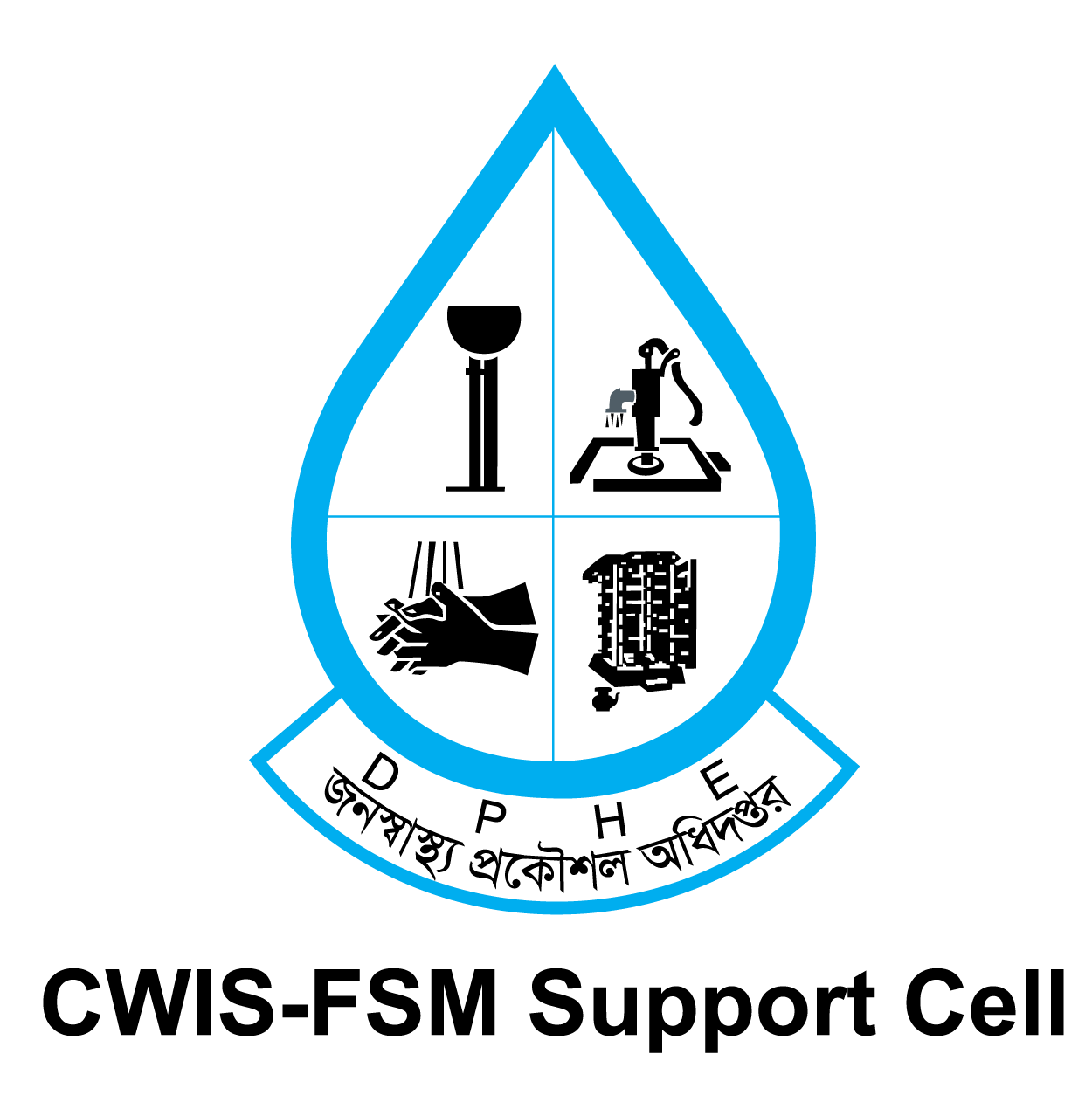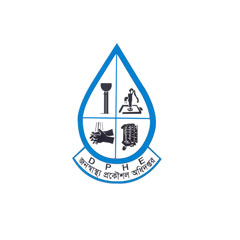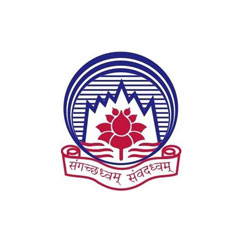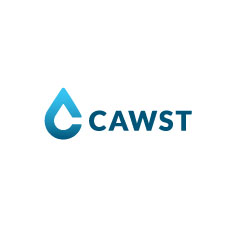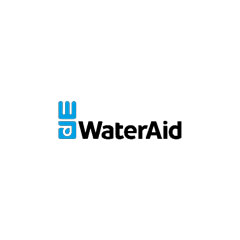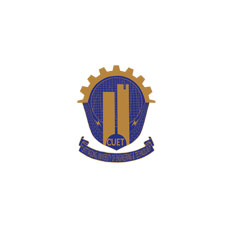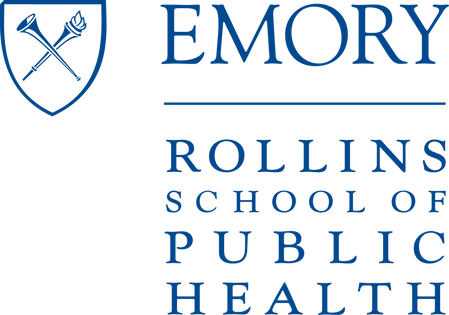Collaborators
Total: 27
Kakrail, Dhaka
CWIS-FSM Support Cell, DPHE
CWIS-FSM Support Cell has been established in the Department of Public Health Engineering (DPHE) following such policy direction in a notion to scale the Citywide Inclusive Sanitation (CWIS) approach across the country and paving the development of the CWIS ecosystem through institutionalizing the three pillars of CWIS approach: Accountability, Responsibility, and Resourcing (Fig 1). The cell works with the International Training Network-Bangladesh University of Engineering and Technology (ITN-BUET) a national-level capacity-building hub for sanitation and waste management, to develop skills and provide training for city authorities on the entire value chain of sanitation and waste management, conceptualizing the CWIS approach. The cell also works on developing a digital sanitation dashboard where city profiles focusing on both FSM and solid waste management are entailed; advocates for technology that demonstrates a total sanitation value chain and provides citywide sustainable services for both faecal sludge and solid waste. Stronger advocacy led by the cell strengthens the resource mobilization efficiently with the different development partners like the World Bank, Asian Development Bank, Islamic Development Bank, Asian Infrastructure Investment Bank, and French Development Agency on sanitation and waste management to bring them on board in the urban setup of Bangladesh. The triggering effort of the cell is to establish the CWIS ecosystem in Bangladesh by 2030 through partnership and collaboration with national and international sanitation actors.
DPHE
The Department of Public Health Engineering (DPHE) in Bangladesh is a vital governmental agency dedicated to the planning, development, and oversight of safe drinking water supply and sanitation services across the nation. Established with the objective of improving public health, DPHE plays a pivotal role in ensuring access to clean and potable water sources while concurrently promoting sanitation and hygiene practices. DPHE's initiatives encompass a wide array of projects, ranging from water treatment facilities to community education campaigns, all aimed at enhancing the overall well-being and health of the Bangladeshi population. This department's commitment to safeguarding public health through the provision of safe drinking water and sanitation services underscores its importance in addressing critical health challenges in Bangladesh.
ASCI
The Administrative Staff College of India (ASCI) is a prestigious institution in India that specializes in providing training and development programs for civil servants and public administrators. Located in Hyderabad, ASCI has a rich history of contributing to the enhancement of administrative skills and expertise in the country. Its comprehensive curriculum covers a wide range of subjects related to public administration, governance, and management. ASCI plays a pivotal role in equipping civil servants with the knowledge and skills needed to effectively address the complex challenges facing India and ensure efficient and transparent governance. Through its training and research initiatives, ASCI contributes significantly to the professional development of administrative leaders and the overall improvement of public administration practices in India.
CAWST
CAWST, a Canadian charity and licensed engineering firm established in 2001, envisions a world where people can thrive due to access to basic water and sanitation. Their mission focuses on providing technical training and expertise in water and sanitation for impoverished regions. By building local knowledge and skills, CAWST empowers communities to implement household solutions for clean water and hygiene. Their core strategies encompass capacity-building of local organizations, promoting widespread water knowledge, advocating for household water treatment, leading through education and training, and facilitating problem-solving and adaptation. CAWST's theory of change revolves around education catalyzing independent action in water and sanitation. Guided by principles of equity, sustainability, collaboration, and inclusivity, CAWST emphasizes the universal right to safe water, the importance of local capacity development, and the role of nonprofit leadership. Through their dedicated efforts, CAWST contributes to improving living conditions, ensuring essential water supply, and fostering sustainable solutions in water, sanitation, and hygiene.
Dhaka
WaterAid
WaterAid is a transformative organization dedicated to enhancing lives through three fundamental elements: clean water, adequate sanitation, and proper hygiene. In Bangladesh, millions suffer from the absence of these essentials, resulting in health risks, educational limitations, and financial instability. The statistics are grim, with millions lacking clean water and decent toilets, while children succumb to preventable diarrheal diseases. WaterAid's core strategies are rooted in a rights-based, district-wide, integrated, and sustainable approach. By enlightening duty bearers, empowering communities, and collaborating with diverse sectors, WaterAid catalyzes lasting change. Their impact is impressive, having reached 22.2 million individuals since 2003 with safe water, sanitation, and hygiene initiatives. These figures reflect stories of profound transformation in impoverished communities, achieved through innovative solutions, equity-driven projects, and deep collaboration. WaterAid's pioneering contributions, such as the community-led total sanitation approach, have resonated globally and underscore their commitment to improving lives through access to essential resources.
CUET
Chittagong University of Engineering & Technology (CUET) is a prominent higher education institution located in Chittagong, Bangladesh, renowned for its excellence in engineering and technological education. Established in 1968, CUET has consistently upheld a reputation for academic excellence and innovation. The university offers a wide range of undergraduate and postgraduate programs in engineering, architecture, planning, and related fields, attracting some of the brightest minds in the country. CUET is known for its rigorous academic curriculum, state-of-the-art research facilities, and a commitment to producing skilled professionals who contribute significantly to the development and technological advancement of Bangladesh. With a picturesque campus situated amid natural beauty and a focus on quality education, CUET continues to be a leading institution in engineering and technology education in Bangladesh.
Emory Rollins
Emory University's Rollins School of Public Health, commonly referred to as Emory Rollins, is a renowned institution dedicated to advancing public health education and research. Located in Atlanta, Georgia, it is one of the top-ranked schools of public health in the United States. Emory Rollins offers a wide range of graduate programs and degrees in public health disciplines, attracting a diverse and globally-focused student body. The school is known for its innovative research, commitment to community engagement, and contributions to addressing pressing public health challenges both locally and internationally. Emory Rollins is a pivotal hub for public health leadership and scholarship, producing graduates and research that make a significant impact on improving health and well-being worldwide.
